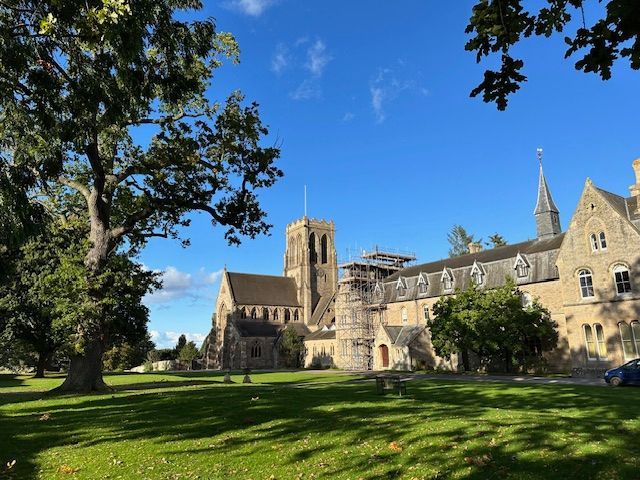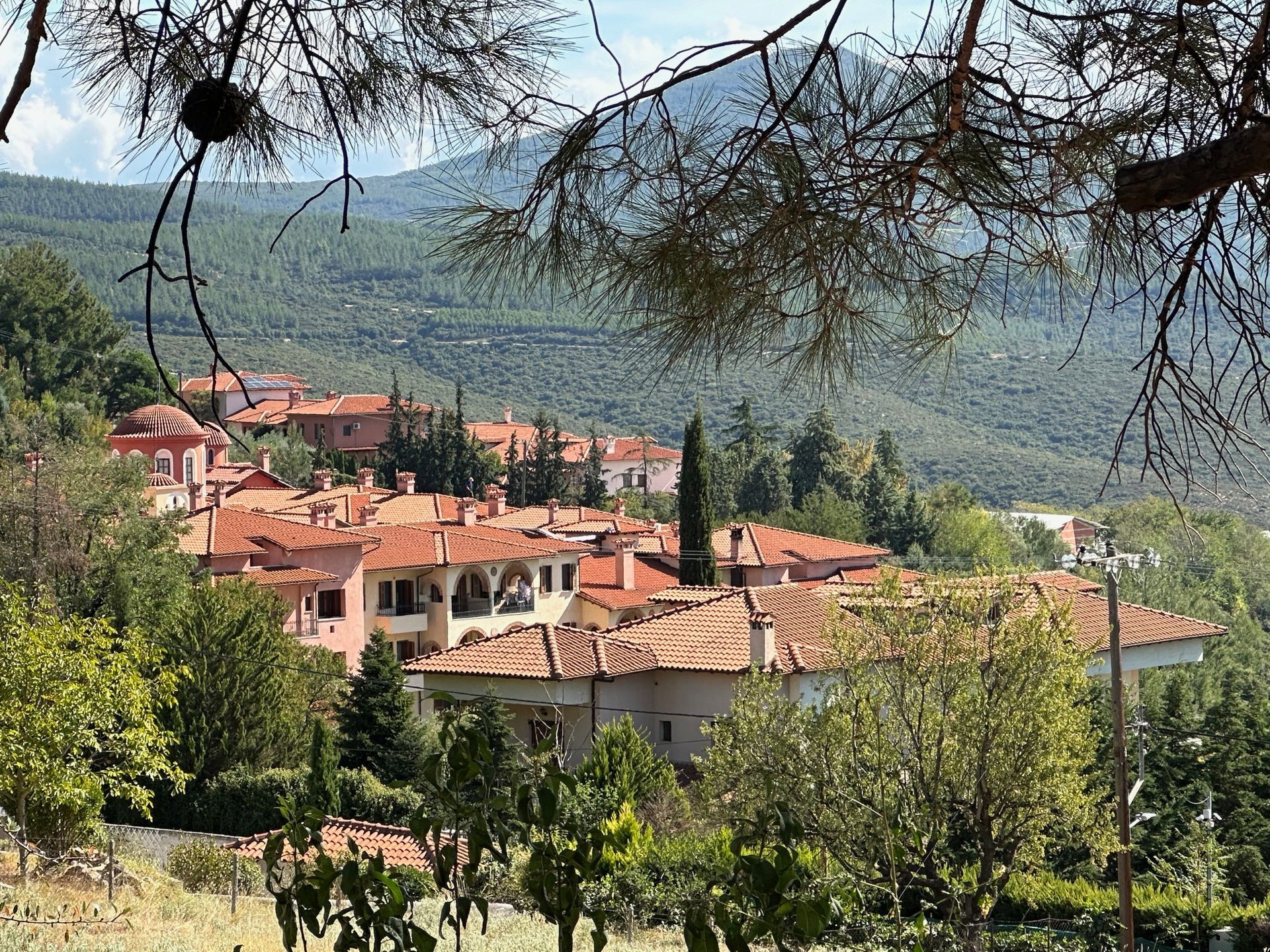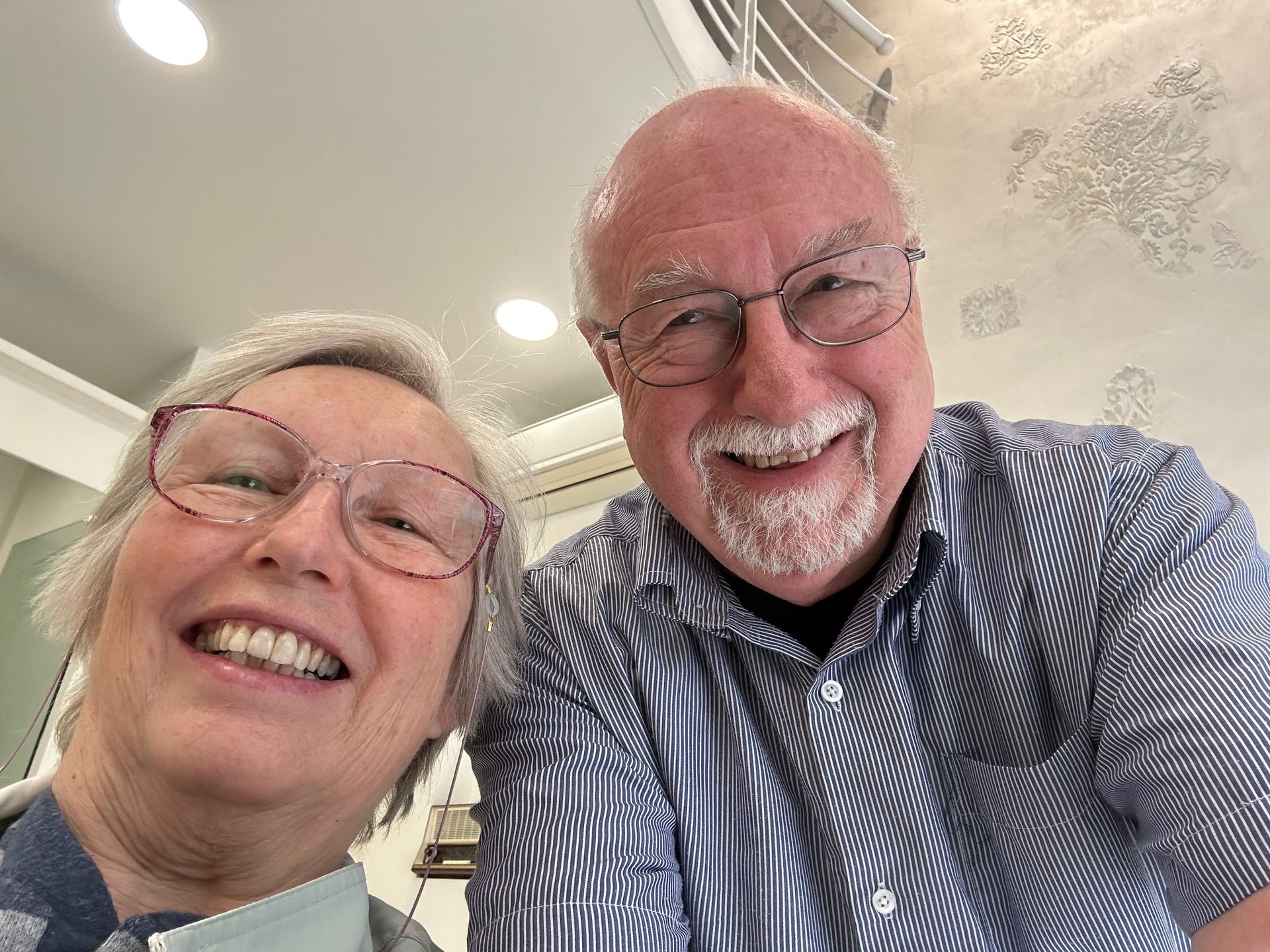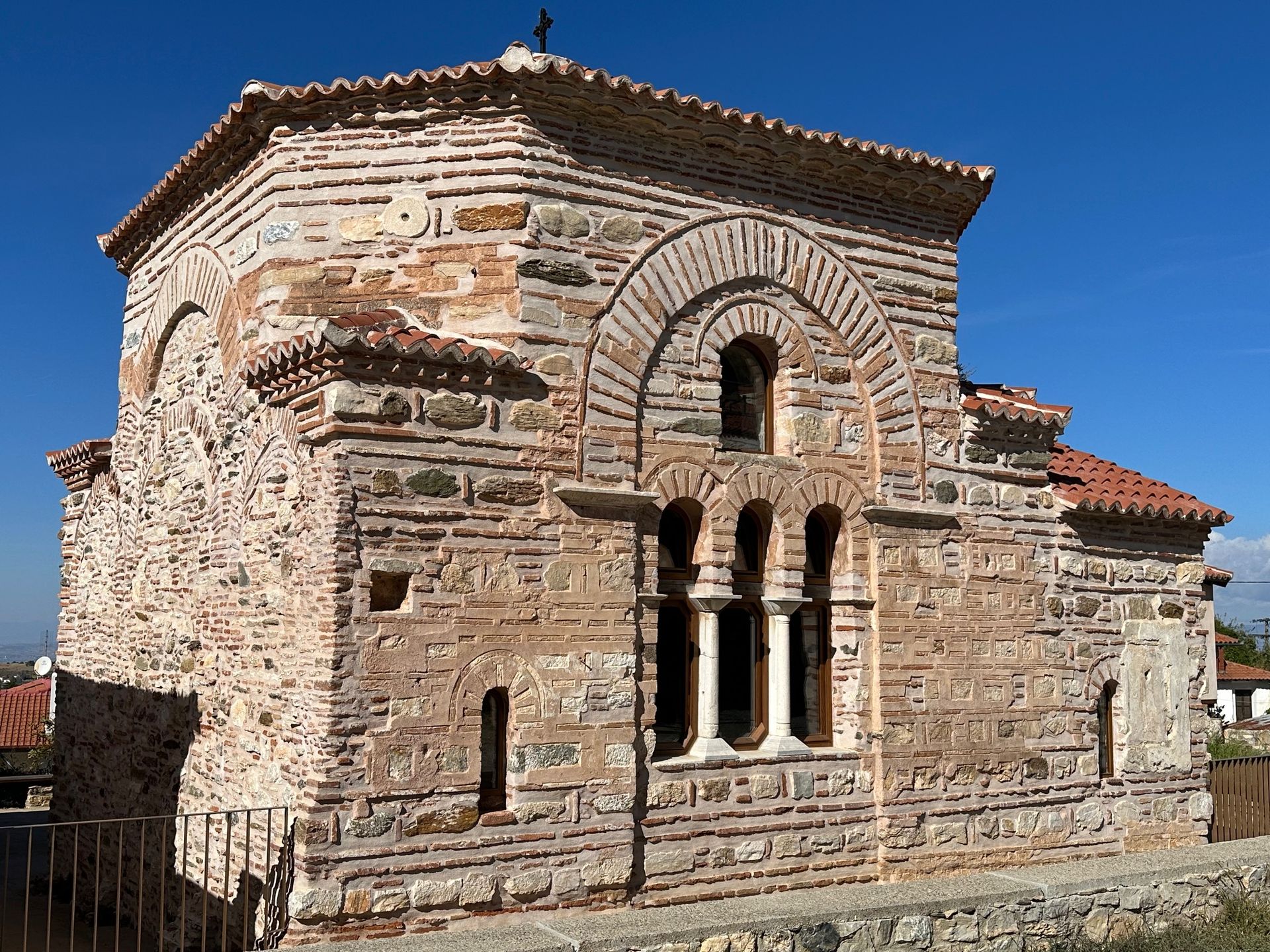








Illustration
At the end of 2017, Pope Francis made a historic, though politically very sensitive, visit to Myanmar, formerly known as Burma – a country that for years was ruled by the military but which is making slow steps towards becoming a full democracy. During his visit, Pope Francis was criticised by some for not mentioning by name the Rohingy a people – the Muslim minority which has suffered so much in recent times.
On his arrival in Bangladesh immediately afterwards, Pope Francis met with representatives of the hundreds of thousands of Rohingya who had fled Myanmar and who now live in refugee camps in Bangladesh. Pope Francis apologised to them, saying: “In the name of everyone, of those who persecute you, those who hurt you, and especially of the world’s indifference, I ask for your forgiveness. Forgive us.” In a very striking phrase he said: “The presence of God today is also called Rohingya.”
Gospel Teaching
Recognising the presence or the voice of God is often something we human beings struggle with. Perhaps even more difficult is daring to speak in God’s name, whether speaking God’s truth to power or simply to our contemporaries. When God commissions the prophet Jeremiah as “prophet to the nations”, God promises to equip him with the strength and courage he will need to withstand the inevitable opposition:
“They will fight against you but shall not overcome you, for I am with you to deliver you.” In the Gospel, Jesus’ authority to speak in God’s name is challenged. An initial favourable response gives way to hostility as the people realise that they know this man Jesus and have watched him grow up. How can this son of an ordinary carpenter dare to speak in God’s name? Jesus’ neighbours were unable to see the good – to see the God – at work in him. They couldn’t see past their own prejudices. Ultimately, they couldn’t see the presence of God in the ordinary humanity of Christ. The lens through which they viewed him was warped in such a way that they were blind to the divine and saw only the mundane. St Paul offers us a different lens through which to see the world: love. Being a prophet, an eloquent preacher, a person of great knowledge or of great faith – even being a miracle worker or a martyr is of no avail unless love is the touchstone of our lives. Love is to be the source from which our actions spring, the lens through which we see the world, the means by which we interact with the world and the goal towards which our lives are heading. We do not have a description of what Jesus looked like. But Paul gives us something much more important: a description of the kind of person Jesus was and continues to be. If we replace the word “love” in Paul’s hymn with the name “Jesus”, we get a powerful description of Christ – the core of his being: he is always patient and kind, not jealous or self obsessed, never boastful or conceited, rude or selfish, always delighting in the truth, always ready to excuse, to trust, to hope and to endure whatever comes.
Application
By our baptism, we, like Jeremiah, were consecrated and appointed as prophets to the people of our own time. It is a challenging vocation. Inevitably, in our broken and messy world, God’s voice is hard to recognise and God’s presence often resisted – not just by the people to whom we are sent, but we ourselves can easily fail to recognise God’s voice and, consciously or not, be blind to God’s presence. God calls us to be more than simply “a gong booming or a cymbal clashing”. For us to be genuine prophets – true witnesses to the presence of God in our world today – then the person of Jesus, love made flesh, must be the foundation stone on which to build our lives, the lens through which to view the world and the guiding star which leads us on our journey through life. A challenging exercise would be to replace the word “love” in Paul’s hymn with our own personal Christian name so that we can see the path that we are called to walk: to be patient and kind, not conceited or self-centred, never resentful but always ready to excuse, to trust, to hope and to endure whatever comes. Love does not come to an end – it is the one sure way to eternal life.







Copyright © 2019 - Parish of St Michael and All Angels, Belmont Abbey, Hereford
Belmont Abbey Parish is part of Belmont Abbey Mission CIO (registered charity number 1191221)
Website design by: Every Day Christian Marketing